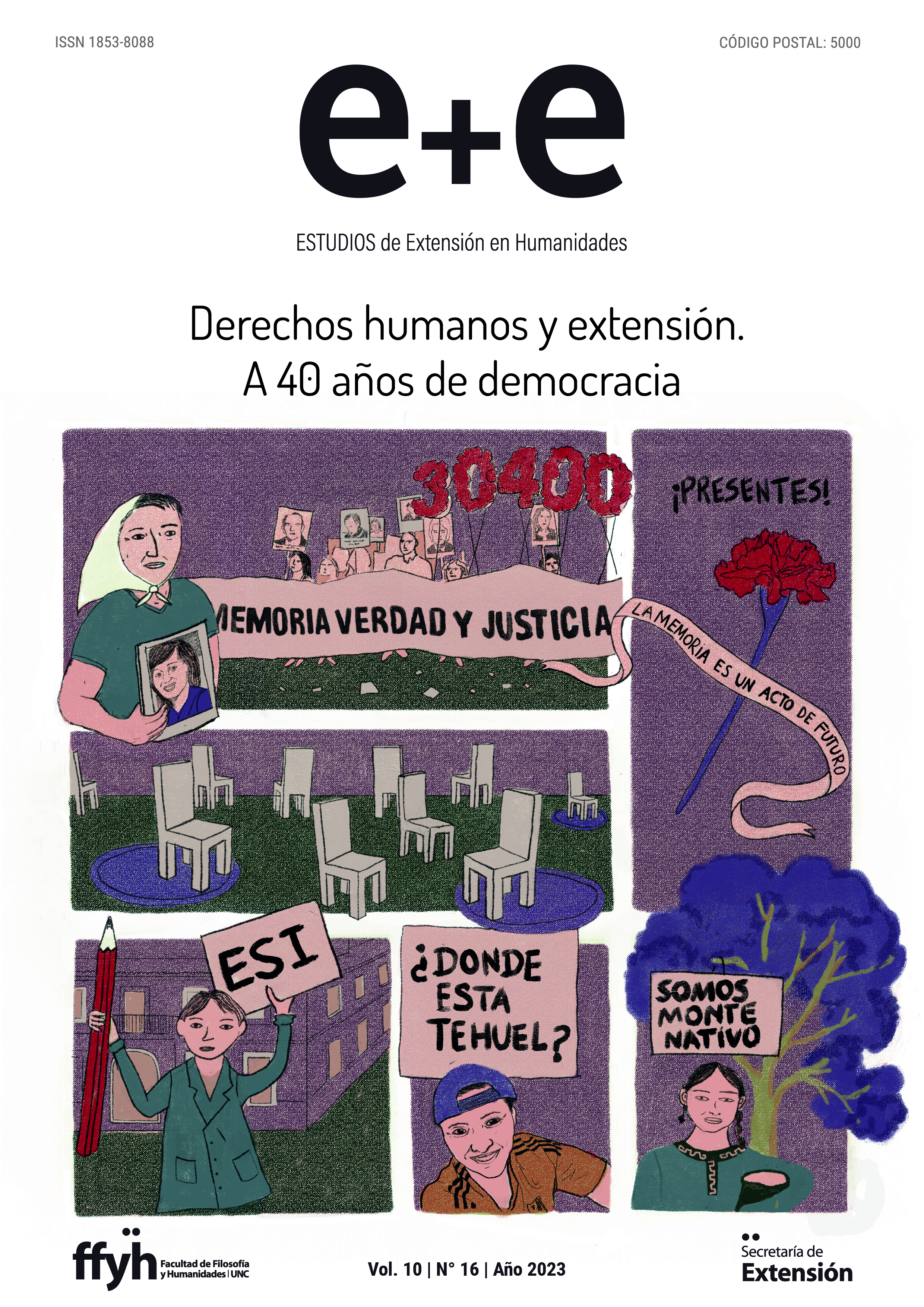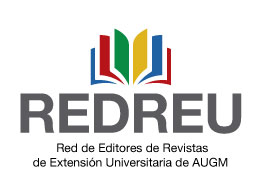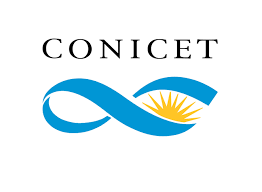Re-existence of the Kamiare Comechingón Pluma Blanca Community. Socio-territorial conflicts, intercultural DD. HH. and extensionist practices
Abstract
The Faculty of Philosophy and Humanities of the National University of Córdoba (FFyH, UNC), since the return of democracy and as part of its institutional academic policy, has been promoting a sustained and growing human rights agenda. This agenda is expressed in a series of teaching, research and extension activities aimed at the promotion and defense of human rights, a concrete expression of this policy is the creation of the Human Rights Program in 2012. In this line of work, the Secretariat of Extension of the FFyH has assumed the need to advance in the process of interculturalization of Human Rights (de Sousa Santos, 2010) that operate as a framework for extension practices. The recognition of this need is based on the constant dialogue and interaction with different extra-university actors and is proposed in two dimensions, which are at the same time complementary to each other. On the one hand, it is a matter of broadening the horizon of human rights in order to include the growing diversity of demands related to the violation of rights, in this sense, we raise a series of questions about who participates in this process: which subjects are recognized as bearers of rights; who determines, and through what mechanisms, the recognition of these subjects and their rights; can we speak only of plausible human persons to demand rights (Grosso, 2019; Maldonado-Torres, 2019); and, if so, which subjects are recognized as bearers of rights (Grosso, 2019; Maldonado-Torres, 2019).
On the other hand, the fulfillment of this objective raises a range of methodological questions in relation to how to build the dialogue of knowledge and intercultural translation between different subjects and their demands in relation to rights: how to articulate the different grammars around the notions of dignity that groups and communities recognize as their own, how to establish a dialogue between human and non-human persons in relation to the defense of their rights (de Sousa Santos and Sena Martins, 2019).
Downloads
Downloads
Published
Issue
Section
License

This work is licensed under a Creative Commons Attribution-NonCommercial-ShareAlike 4.0 International License.













